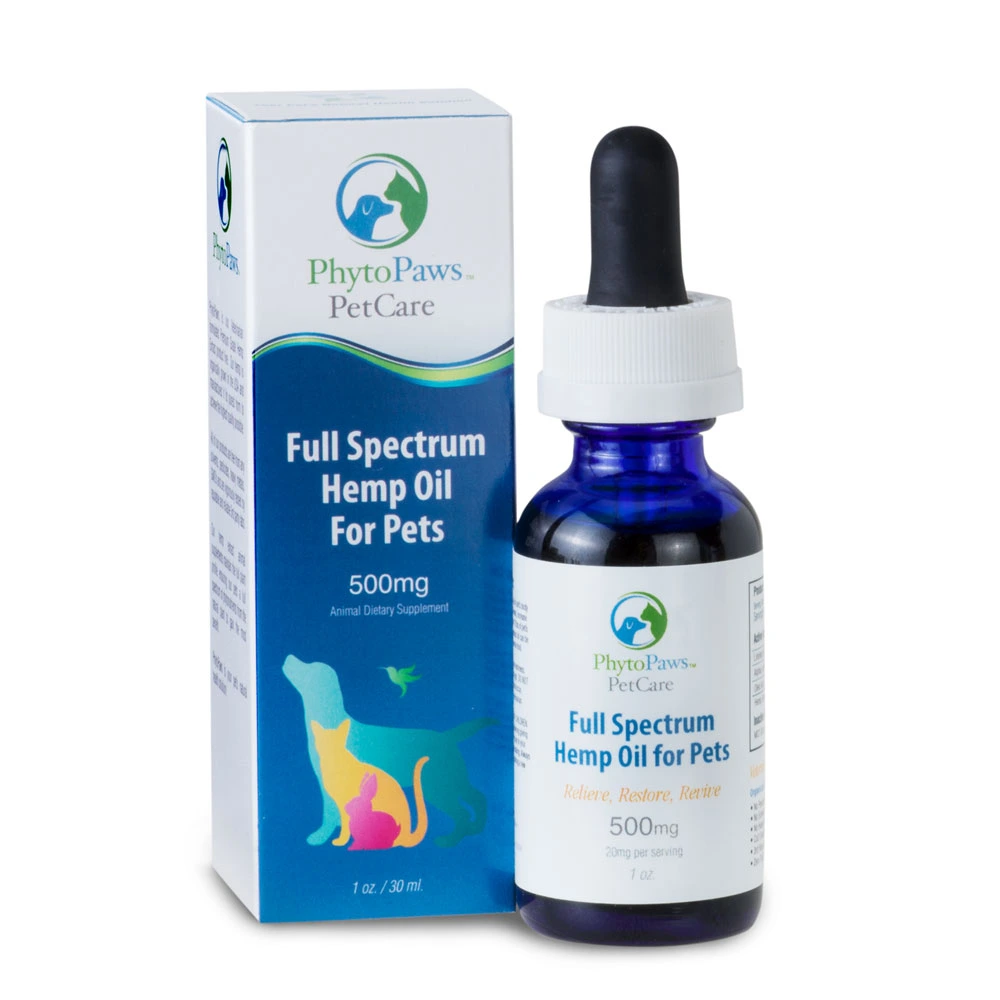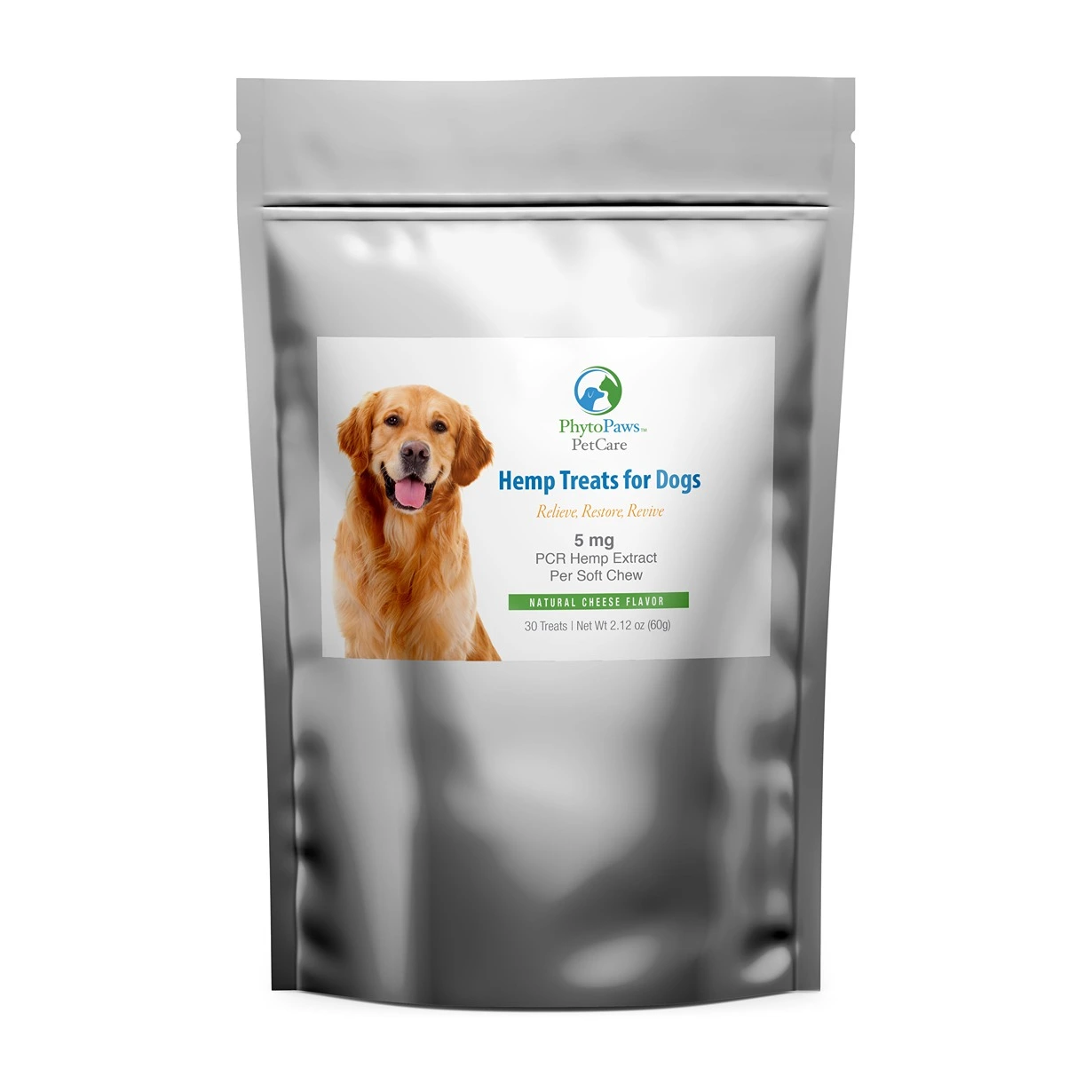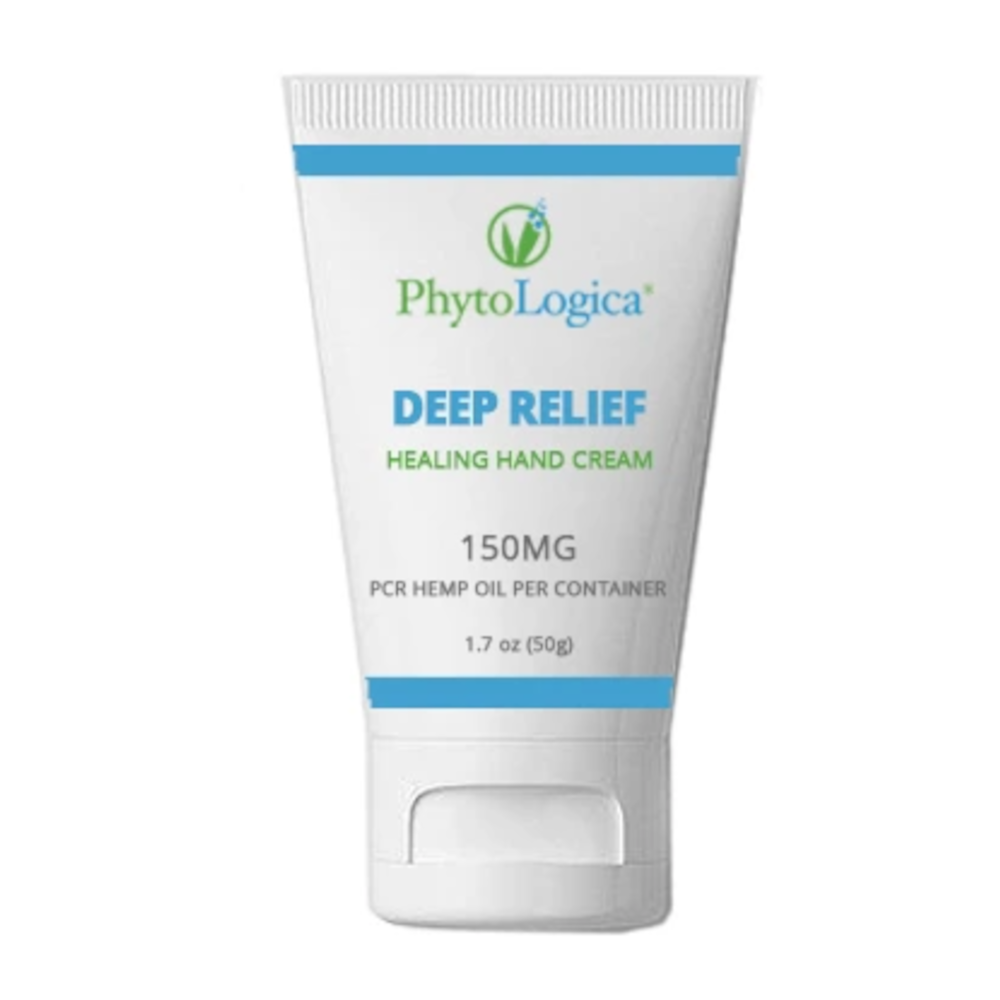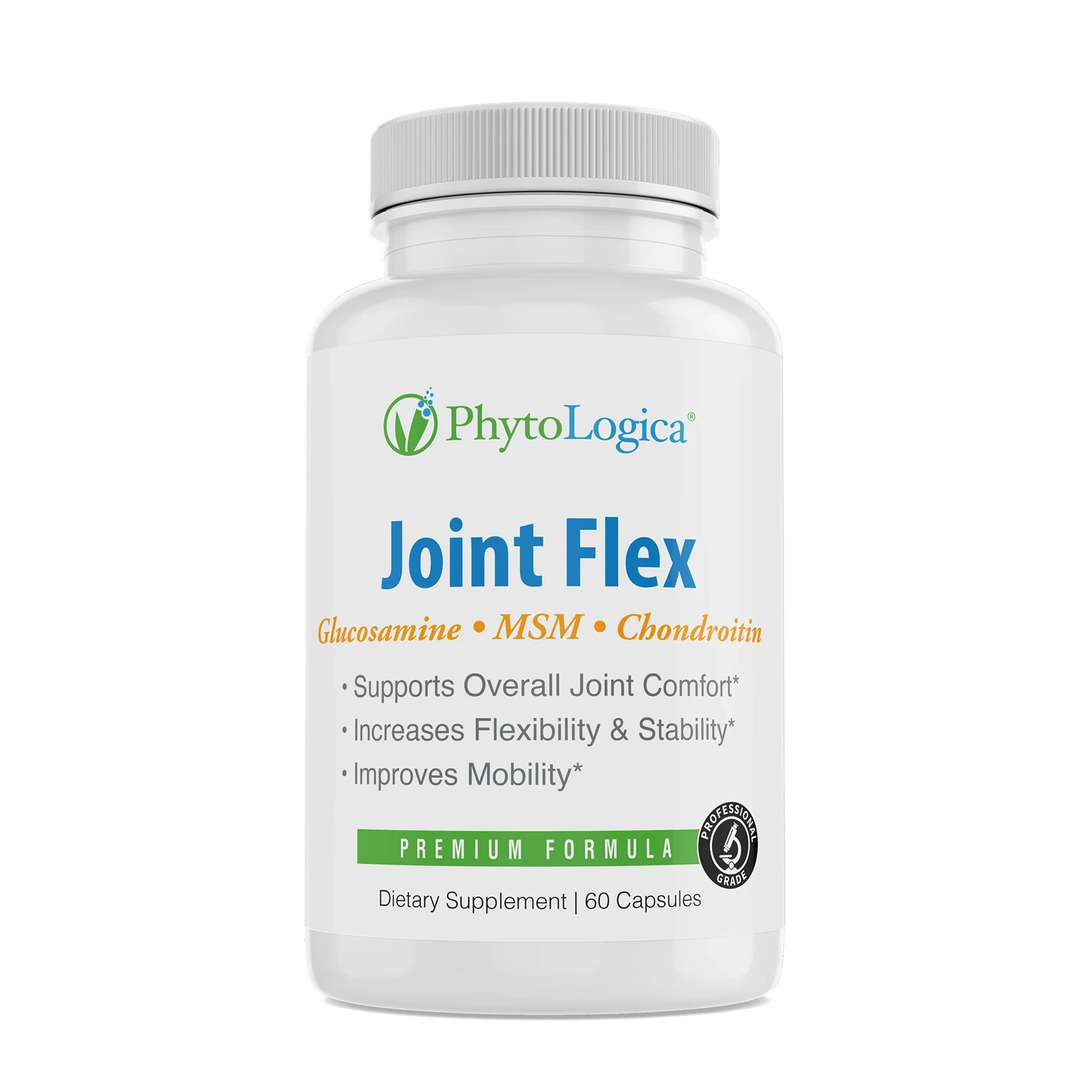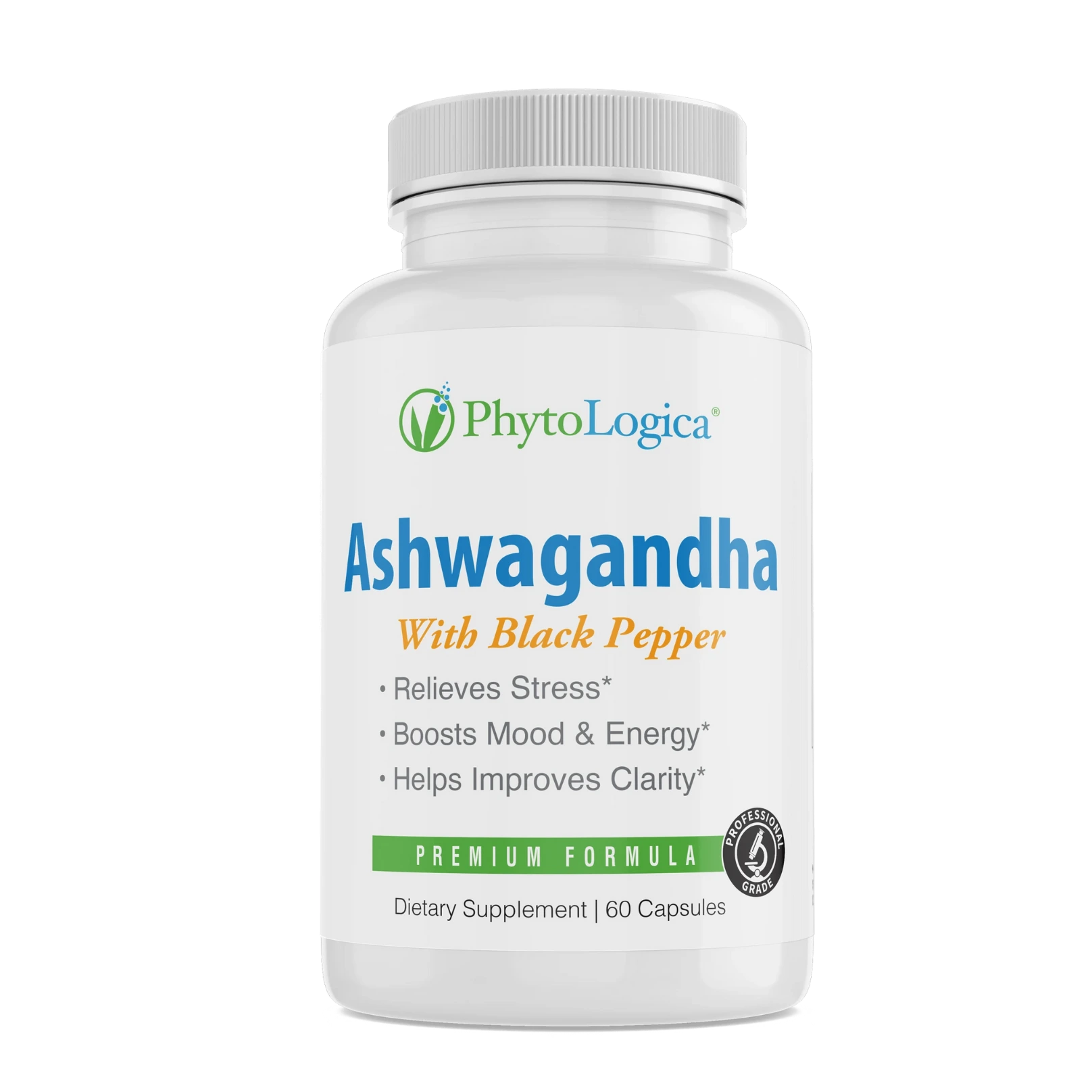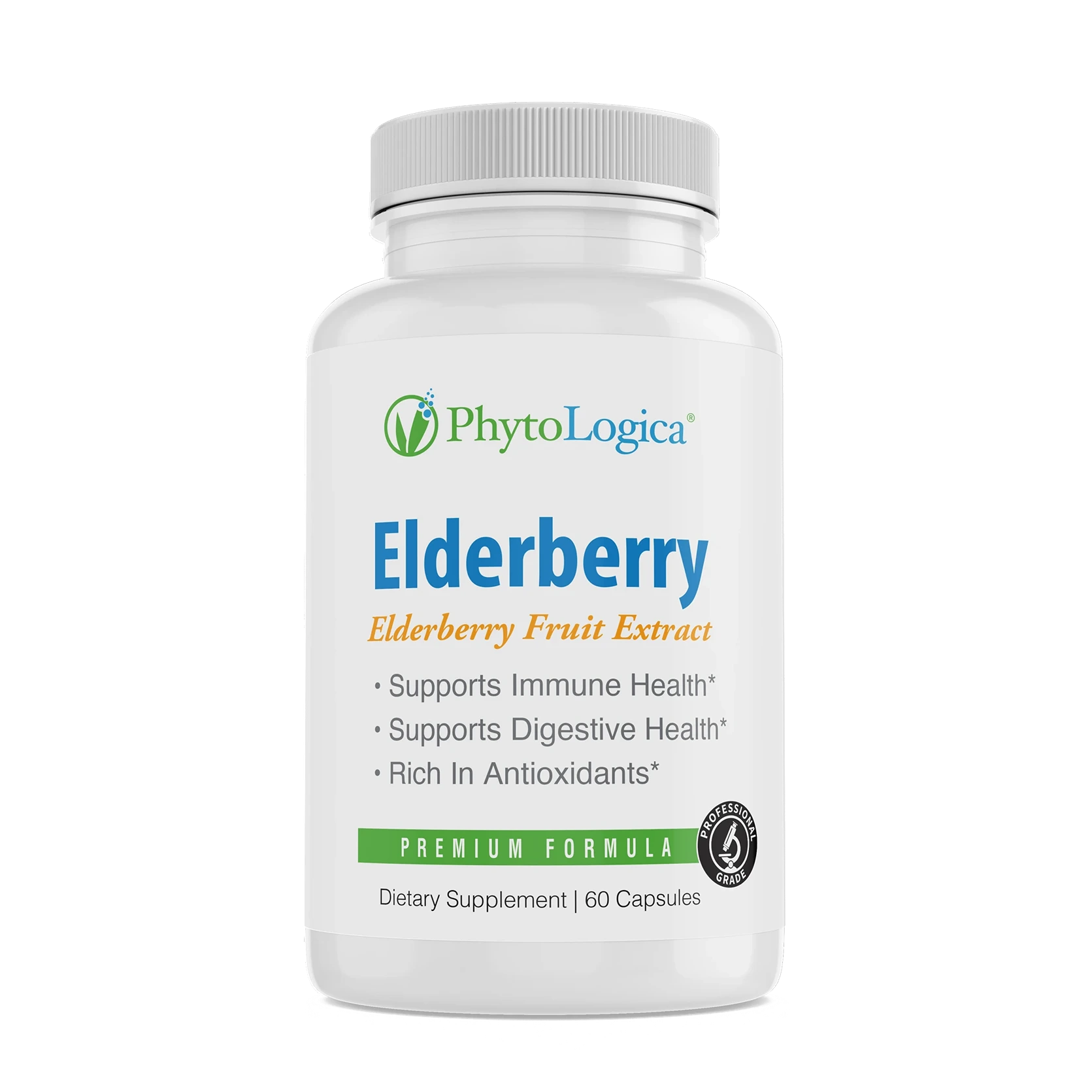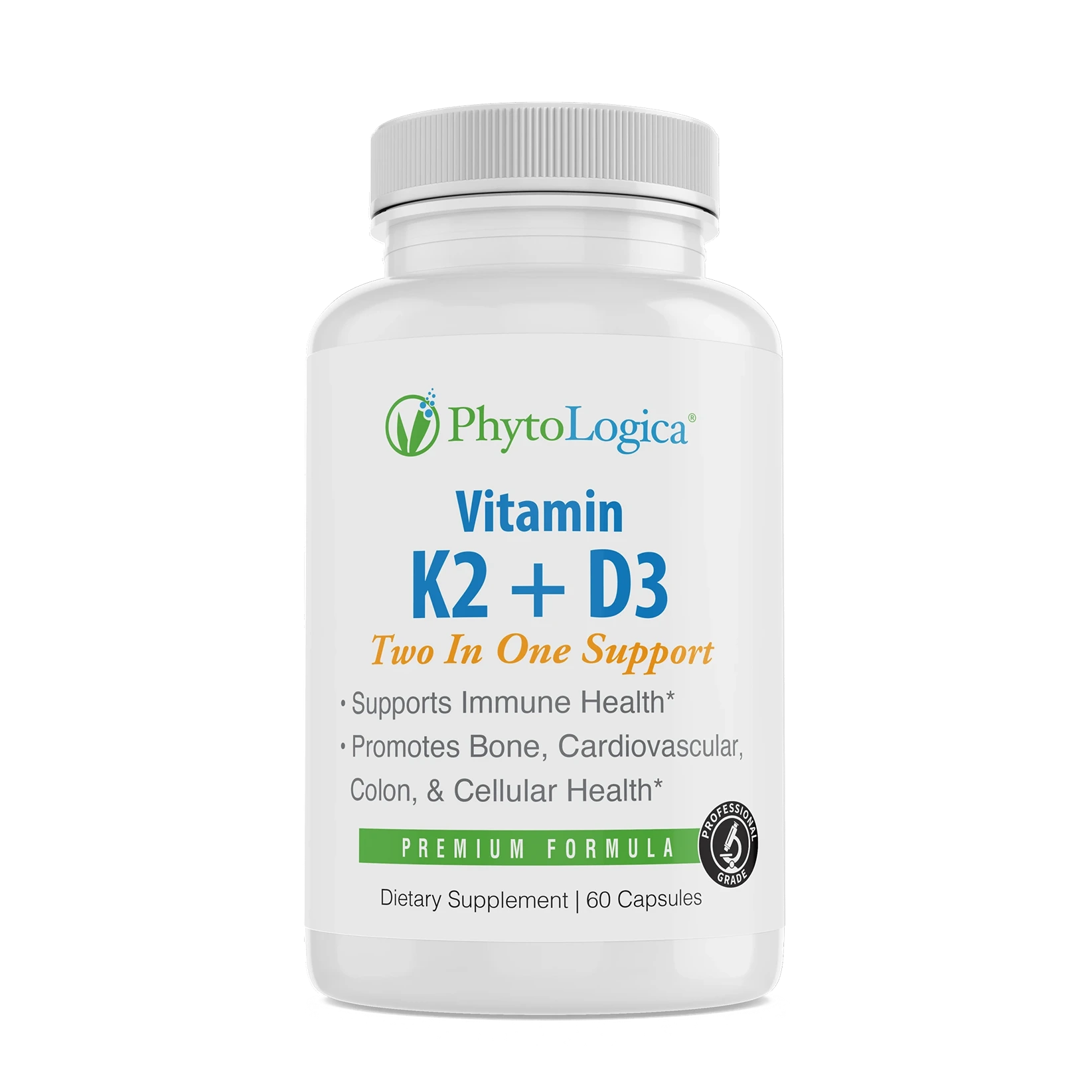As our furry friends age, they may start experiencing joint pain and stiffness, which can limit their mobility and affect their quality of life. As a pet owner, it’s important to understand the signs of joint pain in dogs and take proactive measures to help manage their discomfort. In this article, we’ll discuss the age at which dogs typically start to experience joint problems, the common symptoms of dog joint pain, and the best products available to help manage this issue.
When Do Dogs Start Getting Joint Problems?
The age at which dogs start experiencing joint problems can vary depending on their breed, size, and overall health. However, most dogs will start to show signs of joint pain and stiffness as they reach their senior years, usually around 7-8 years of age. Large breeds, such as Great Danes and Mastiffs, tend to experience joint problems earlier than smaller breeds, such as Chihuahuas and Poodles.
Signs of Joint Pain in Dogs
Dogs can’t tell us when they’re experiencing joint pain, but there are some telltale signs to look out for. Some of the most common symptoms of dog joint pain include:
- Limping or favoring one limb
- Difficulty climbing stairs, jumping into the car, or getting up from a lying position
- Stiffness or reluctance to move
- Decreased activity or playfulness
- Reluctance to be touched or handled in certain areas
- Difficulty sleeping
- Changes in behavior or mood
If you notice any of these symptoms in your dog, you should take them to the vet for a thorough examination. Your vet can diagnose the cause of your dog’s joint pain and recommend a suitable course of treatment.
Natural Dog Hip and Joint Pain Remedies
 Hemp tincture and hemp treats are two popular products that can be used to improve your aging dog’s mobility.
Hemp tincture and hemp treats are two popular products that can be used to improve your aging dog’s mobility.
Full spectrum hemp tincture is a liquid that can be added to your dog’s food or directly into their mouth. It is made by extracting the active compounds from the hemp plant and mixing them with a carrier oil, such as coconut or olive oil. Hemp tincture is easy to administer and is well-tolerated by most dogs, making it a popular choice for pet owners. When choosing a hemp tincture, it is important to look for products that are made with high-quality hemp, contain no harmful additives, and are third-party tested to ensure quality and purity.
Full spectrum hemp treats are another option for dog owners who are looking for a convenient and tasty way to improve their dog’s joint health. These treats are made with the same active compounds found in hemp tincture, but are formulated into a tasty and convenient snack that dogs love. Hemp treats are great for dogs that are picky eaters or that have trouble swallowing pills. Like hemp tincture, it is important to look for high-quality hemp treats that are free from harmful additives and are third-party tested for quality and purity.
Dog Joint Exercises
Exercise is an important aspect of maintaining joint health and functionality in dogs. There are a number of exercises that can help dogs retain joint functionality better, and it is important to choose exercises that are appropriate for your dog’s age, breed, size, and physical condition.
Low-impact activities, such as leisurely walks, swimming, and water therapy are great for dogs with joint pain or arthritis. They provide a gentle form of exercise that helps keep joints mobile without putting too much stress on them. Gentle stretching, such as standing and lying down, can also help maintain joint flexibility.
In addition, balance and weight-bearing exercises, such as standing on a wobble board or walking on a raised surface, can help build strength and stability in the joints. Short, repetitive exercises, such as standing up and sitting down, can also help improve joint mobility and flexibility.
It’s also important to consider your dog’s overall health and weight when deciding on an exercise routine. Overweight dogs are more prone to joint problems, so maintaining a healthy weight is critical for good joint health. If your dog is already experiencing joint pain, consult your veterinarian before starting an exercise program to ensure that it is safe and appropriate.
Dog Joint Supplements
One of the ways to help manage your dog’s joint pain is by giving them hip and joint supplements. The point of these supplements is not to dull the pain, like regular painkillers, but rather to help dogs regenerate crucial tissues and restore normal joint functionality. On the other hand, it is important to remember that joint supplements are not a cure for joint problems, but they may help support joint health over time.
Most dog joint supplements contain natural ingredients such as glucosamine, chondroitin, MSM, and turmeric, all of which may help with the inflammatory process, improve joint mobility, and support the health of your dog’s joints.
- Glucosamine: This natural substance is found in the joints and helps support the health of your dog’s cartilage.
- Chondroitin: This substance is found in the cartilage of your dog’s joints and helps to keep it flexible.
- MSM: This natural substance may improve joint mobility.
- Omega-3 Fatty Acids: These essential fatty acids may support the health of your dog’s joints.
When choosing a joint supplement for your dog, it’s important to select one that is of high quality and has been formulated specifically for dogs.
How Long Does it Take for Joint Supplements to Work in Dogs?
The amount of time it takes for hip and joint supplements to work in dogs can vary depending on the specific supplement, the dose, and the individual dog’s needs. Some dogs may start to show improvement within a few weeks, while others may take several months to see a noticeable difference.
Regular and consistent use of joint supplements may provide the best results. Some dog owners say one should give a minimum of 2 weeks break after 1 month of using glucosamine to get the best results. Make sure to speak with your vet before starting your dog on any new supplement to ensure that it’s safe and appropriate for your pet.
Legal Disclaimer
These statements have not been evaluated by the Food and Drug Administration. Statements regarding dietary supplements have not been evaluated by the FDA and are not intended to diagnose, treat, cure, or prevent any disease or health condition.


